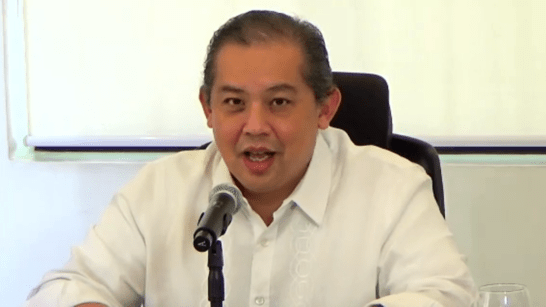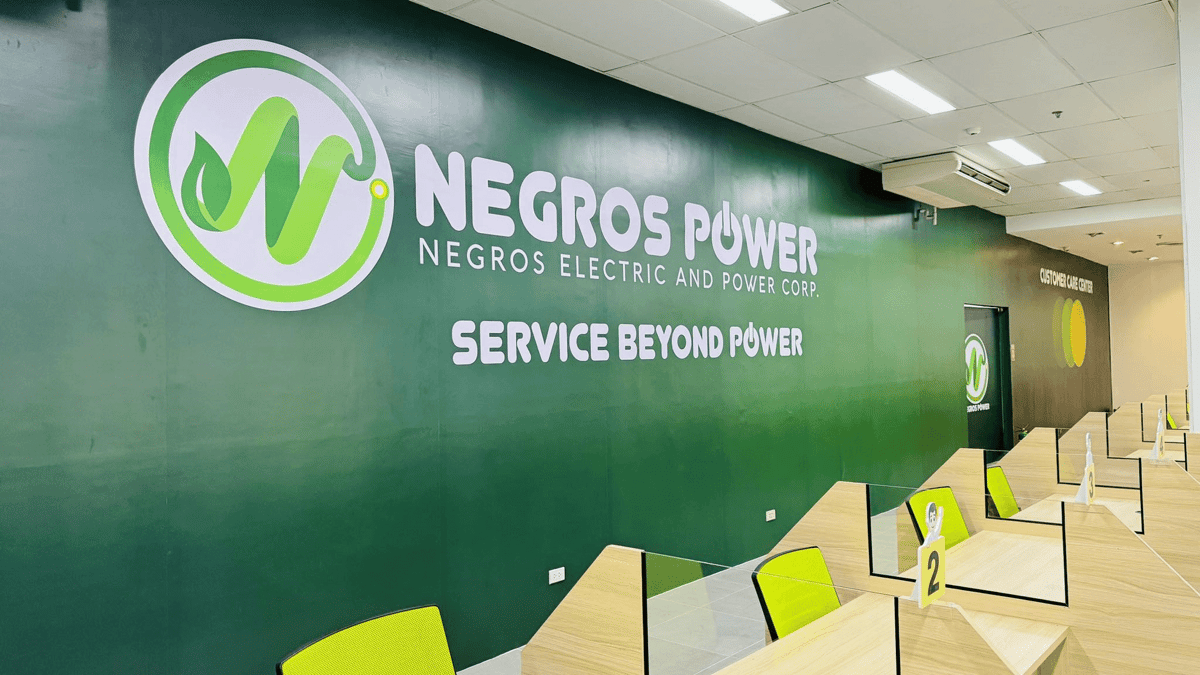In the tumultuous landscape of Philippine politics, the perennial challenge of seamless succession has been a recurrent theme, shaping the destinies of leaders and the course of the nation. The historical echoes of succession problems, prominently illustrated by the downfall of the once-dominant Ferdinand Marcos senior, have left an indelible mark on the country’s political trajectory. The unraveling of Marcos’s rule in 1986, orchestrated by an unlikely alliance of close associates and opposition forces, underscored the potent force that succession crises can exert on the political stage.
A recurring response to these challenges has been the pursuit of charter change initiatives, which various regimes employ to navigate the treacherous waters of political transition. President Ramos, recognizing the need to preserve the positive gains of his administration, approved the first PIRMA initiative. However, this move became a political flashpoint, exploited by the opposition to undermine Ramos and propel Joseph Estrada into the presidency.
Gloria Arroyo, facing her succession hurdles, adopted alternative measures to reshape laws without explicitly pursuing charter change. Her anointed successor, Speaker Manny Villar, faltered in the face of oppositionist Benigno S. Aquino III, perpetuating the cycle of succession challenges in Philippine politics.
The Aquino III administration, despite its commendable performance, grappled with a succession conundrum. Ultra-rightist factions seized upon this vulnerability, tarnishing the administration party’s reputation and leveraging the popularity of a charismatic local mayor from the South.
Enter Duterte, whose rise to power saw the opposition strategically employing charter change appeals. Aligning with left and centrist forces, this coalition dismantled the political careers of figures like Mar Roxas and liberal democrats, marking a significant shift in the country’s political landscape.
Despite early attempts to initiate charter change, Duterte’s focus on anti-drug campaigns and the pandemic took precedence. Behind the scenes, it became apparent that Duterte, often hailed as a hero, embodied the ultra-right, advocating for political objectives through force rather than systemic deconstruction. The administration’s reluctance to embrace significant reforms spoke volumes about its intentions: perpetuating the existing governance system forcefully.

The current charter change initiative has left observers perplexed. Its premature introduction signals a palpable unease among the powers that be. This disquiet may stem from a calculated effort by administration allies to consolidate political and economic power. The undercurrents of monopoly-building, whether intentional or inadvertent, underscore the administration’s quest for regularity in governmental policies—a move that raises questions about the longevity and health of democratic institutions in the Philippines.
I will speak openly and honestly: the current powers in charge seem to be worried about the future. Their rift with former political allies, such as the Dutertes, might be one of the reasons for their anxiety. The second reason could be their relationship with major economic power centers, which are facing difficulties due to the Maharlika investment project. Many big businessmen are concerned that the Marcos-Romualdez clique will use public funds to take major portions of their businesses. Lastly, they may have realized that it is very difficult to preserve wealth and political power beyond this administration. It would be almost impossible to maintain the gains made if the Dutertes come back to power. The clique needs a viable candidate to succeed Marcos Junior. Imee is still a candidate, but her political association with Sara Duterte jeopardizes her chances. Presidential son Sandro is too young, and by 2028, he may need more years to qualify. Therefore, only the cousin, Speaker Martin Romualdez, remains a viable candidate.
The Speaker is facing an issue with his image and reputation. As he represents an institution whose reputation is not very favorable, it is causing him problems. His advisers are suggesting that he should associate himself with a more popular candidate, Senator Raffy Tulfo. But the real question is whether the Tulfos will still enjoy the same level of support by 2028.
It is believed that Speaker Romualdez has the intelligence, competence, and determination to lead, but he falls short in terms of the natural charm and appeal that Senator Raffy Tulfo possesses. This is why there is a developing partnership between the supporters of Romualdez and Tulfo. However, it remains to be seen if this coalition will hold strong until 2028, which is still a few years away. The primary concern is the voters, who are still considered to be politically inexperienced. It is doubtful whether they will vote for Romualdez as the next president.










